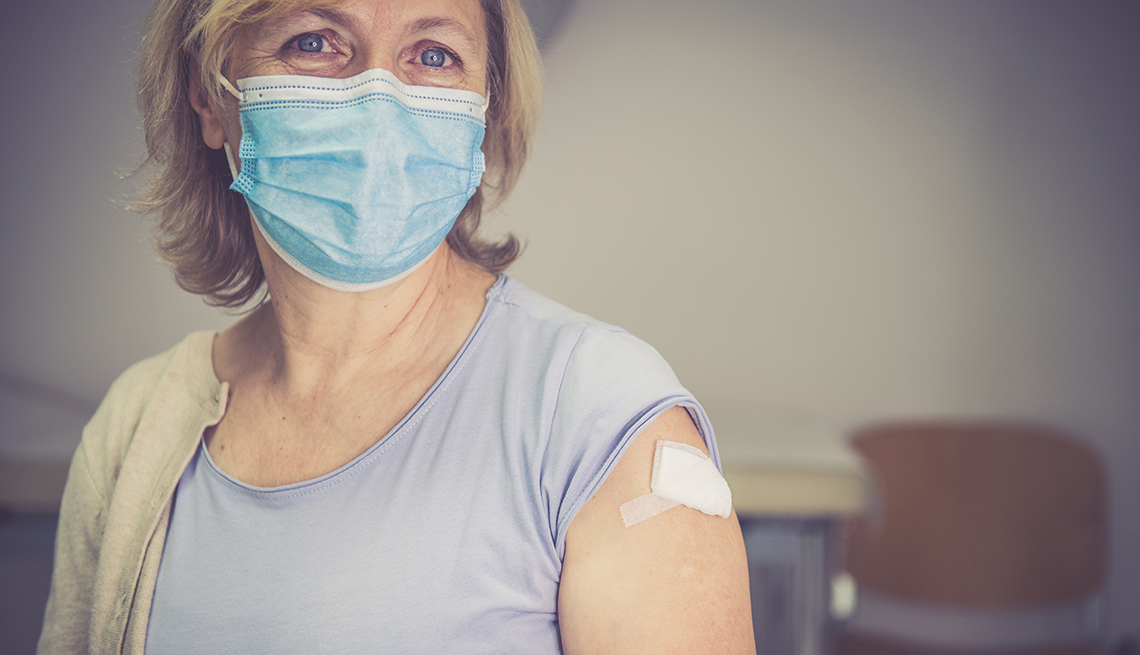
- Select a language for the TTS:
- UK English Female
- UK English Male
- US English Female
- US English Male
- Australian Female
- Australian Male
- Language selected: (auto detect) - EN
Play all audios:
HORMONES, GENES MAY PLAY A ROLE Experts aren't sure exactly why men and women have such different immune responses, but hormones probably play a role. Studies have linked high amounts
of testosterone to a weaker immune response, while estrogen and progesterone seem to boost the body's defenses. A small study published in March 2021 in the journal _Chest_ found that
giving hospitalized male COVID-19 patients the female hormone progesterone improved clinical outcomes. Scientists have also identified several genes related to immunity that reside on the X
chromosome, points out Panagis Galiatsatos, M.D., a physician in the Division of Pulmonary and Critical Care Medicine at Johns Hopkins Medicine. Men have just one X chromosome, while women
have two. If one of your immunity genes is defective, you'll have a weakened response when a virus invades, Galiatsatos says. “But women have a reserve, an extra X that allows them to
compensate,” he says. ARE DOSES SIZED FOR MEN? Gender bias in drug development and the size of vaccine doses could also play a role. Women have historically been excluded from many clinical
trials and research studies, Morgan says. Even now, sex-segregated data is rarely reported when vaccines and medications are tested. "Could women be receiving more dose than they need?”
Morgan asks. “They are smaller, they have less muscle, they metabolize things differently.” It's also possible a lower dose would be just as effective in women and cause fewer side
effects, she says. Fortunately, most side effects from the COVID-19 vaccine — which include headache, fever and chills — are mild and go away within a few days. Donnelly says she felt tired
and achy the day after her first dose of COVID-19 vaccine, while her husband felt good enough to “landscape our entire yard.” But she recommends focusing on the positive: “I remember
thinking, Great, this is my body kicking into gear, so I'll be protected in the future." _Michelle Crouch is a contributing writer who has covered health and personal finance for
some of the nation's top consumer publications. Her work has appeared in _Reader's Digest, Real Simple, Prevention, The Washington Post _and _The New York Times.








